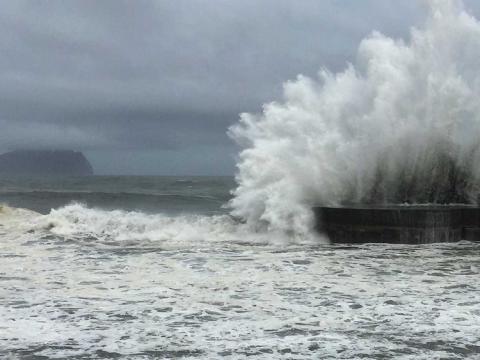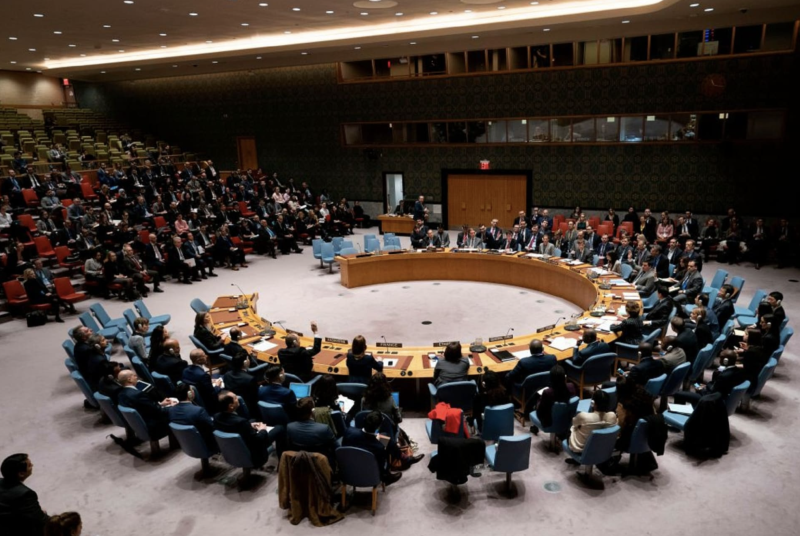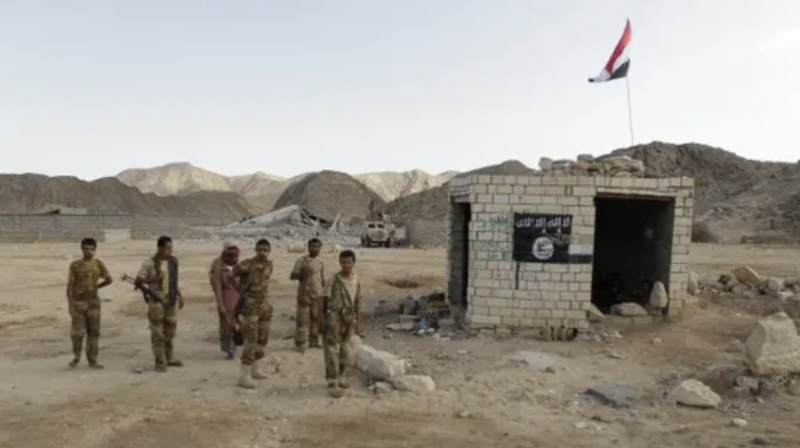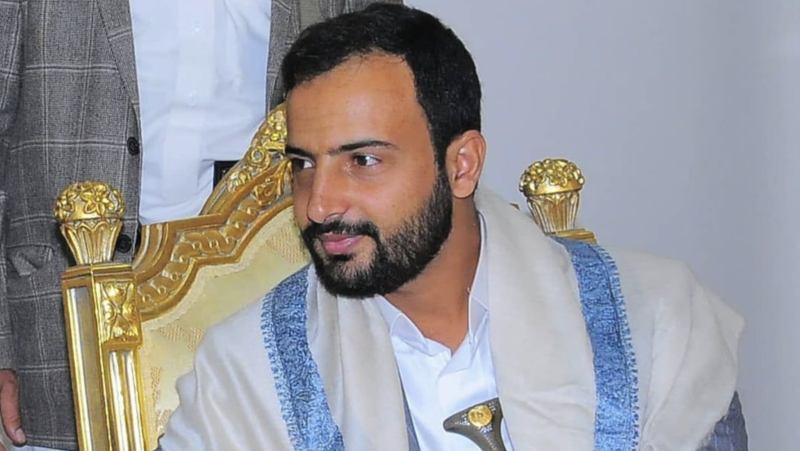Congress Pressures Trump Administration to Restore Aid to Yemen


U.S. Congress is urging the State Department to reconsider U.S. assistance to Yemen suspended by President Donald Trump’s administration earlier this year after a plea from humanitarian groups last month appeared to fall on deaf ears, redoubling attention on years of U.S. policy missteps in the war-torn country.
In a letter to Secretary of State Mike Pompeo provided to us, a group of more than 50 Democratic lawmakers led by Rep. Ted Deutch of Florida, who chairs the Middle East subcommittee of the House’s powerful foreign-affairs panel, called on the agency to restore $73 million in aid halted in March over U.S. fears that Iran-backed Houthi rebels were seizing control of the aid and stopping distribution.
Lawmakers said that the move has only worsened the humanitarian disaster in Yemen, where the majority of citizens face deepening food insecurity and which is struggling to stop the spread of the coronavirus. In a plea to U.S. Agency for International Development acting head John Barsa last month, aid organizations said that as fighting intensified over the summer, they were unable to provide lifesaving aid—in part because of a U.S.-imposed aid suspension to northern Yemen, which is controlled by Iran-backed Houthi rebels.
Lawmakers cited worries that airstrikes by the Saudi-led coalition fighting the Houthis have destroyed many of Yemen’s medical facilities and that escalating fighting in the Marib region has caused additional displacement of civilians, problems that threaten to get worse as United Nations-led peace talks have stalled.
“The challenges of Yemen are multifaceted and complex. However, progress is impossible without sustained and vigorous U.S. diplomatic engagement,” the lawmakers wrote to Pompeo. “We urge you to reverse U.S. assistance cuts, redouble efforts to reduce the spread of COVID-19, mitigate the ongoing humanitarian catastrophe, and advance a political solution to the Yemeni conflict.”
Democratic Sen. Kirsten Gillibrand of New York is working on a companion letter to Pompeo in the upper chamber, a former U.S. official familiar with the effort said. But Republicans have refused to sign onto either effort, seeing the push to restore U.S. aid in Houthi-controlled areas as a red line, according to a House aide, though Democrats remain hopeful that Pompeo will consider restoring assistance if it is tied to diplomatic progress. The United Nations has cited a $2.7 billion funding gap to help ease the humanitarian crisis in Yemen as contributions from Saudi Arabia and other Persian Gulf countries have fallen off.
Congress has also been frustrated with a lack of high-level Trump administration engagement to end the conflict in Yemen, the House aide said, which comes as U.N. human rights investigators allege widespread war crimes by all parties in the conflict, including U.S.-facilitated Saudi airstrikes that have indiscriminately targeted civilians. The U.N. investigators, citing the “murder of civilians, torture, cruel or inhuman treatment, rape and other forms of sexual violence,” called for the alleged war crimes to be referred to the International Criminal Court (ICC).
The U.S. role in the Yemen conflict over the past two administrations has become a political lightning rod—and a potential liability. Some legal experts and State Department officials fear that the United States’ backing of the Saudi coalition could put U.S. officials in legal jeopardy and implicate them in potential war crimes, according to an investigation from the New York Times.
A probe from the International Criminal Court would be likely to run into jurisdictional challenges, legal experts said, as neither the United States, Saudi Arabia, nor Yemen are a party to The Hague-based tribunal’s charter. But other countries, especially in Europe, claim universal jurisdiction over potential war crimes.
Two cases that might establish legal precedent for officials liable in war crimes cases are the 1998 arrest on a Spanish judge’s request of former Chilean dictator Gen. Augusto Pinochet for human rights violations, which forced him into house arrest for two years in London. A group of Palestinians also tried to bring war crimes charges against then Israeli Prime Minister Ariel Sharon in Belgium in 2003, but the nation’s highest court ruled he could only be tried after he left office. The risk, experts say, is likely greater for higher-level policymakers.

NewYork -- The United Nations Security Council has urged all parties in Yemen to de-escalate tensions and intensify diplomatic efforts to end the c…

Marib — A senior al-Qaeda commander was killed Tuesday in a suspected U.S. drone strike in Yemen’s northern province of Mareb, accordin…

London — The United Kingdom has announced new sanctions targeting Hussein al-Houthi, son of Abdulmalik al-Houthi, leader of the Houthi militi…